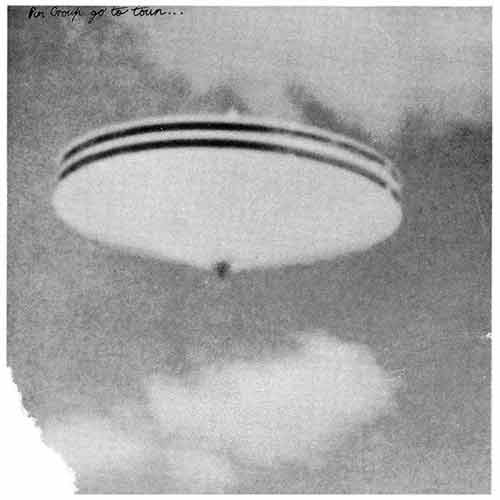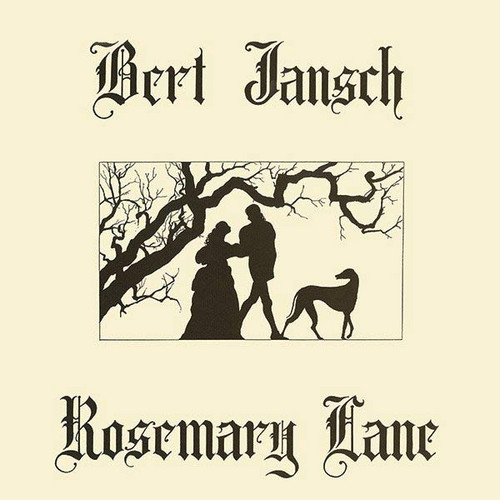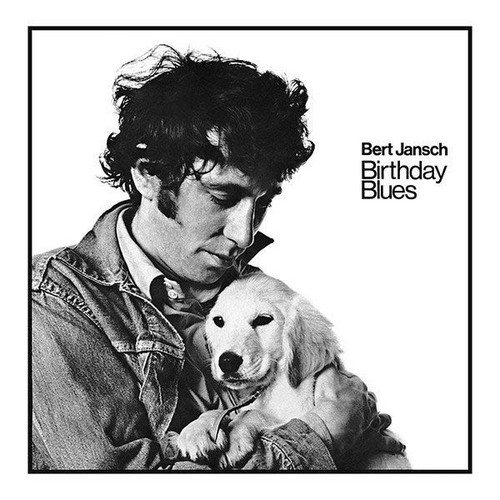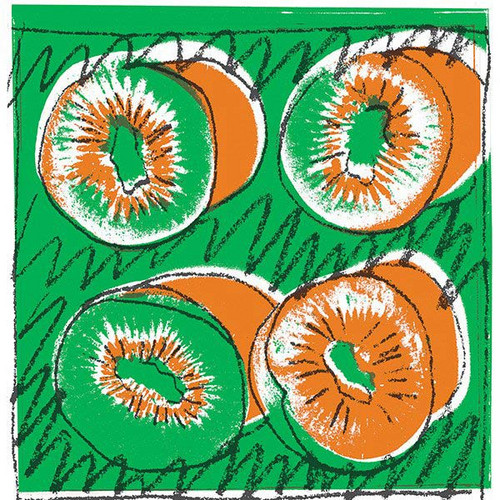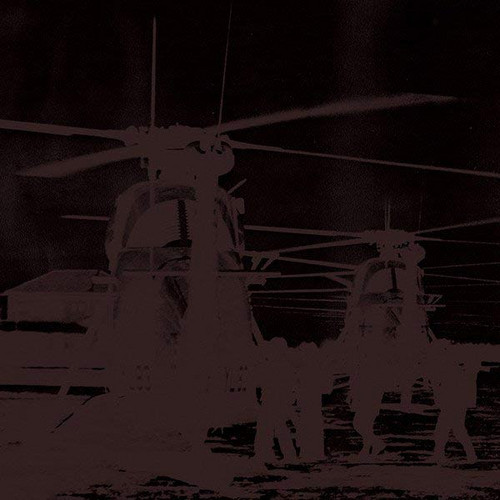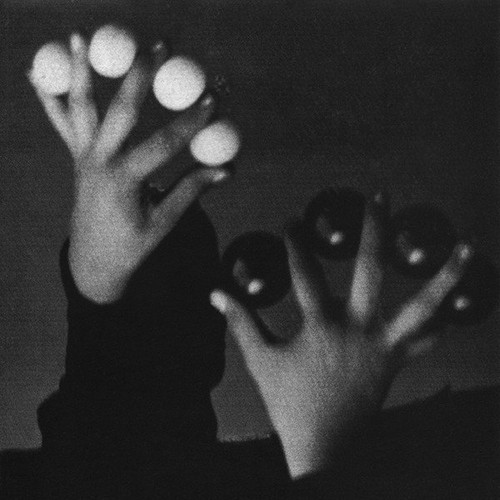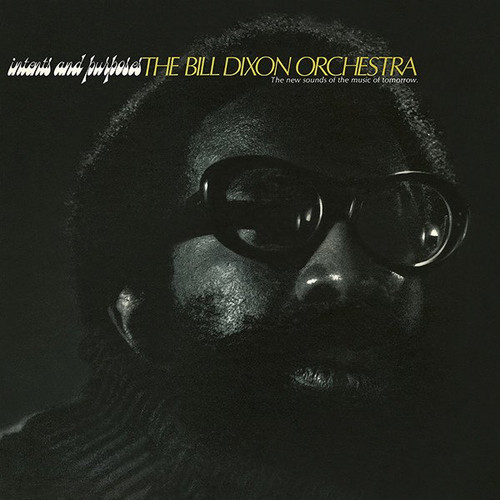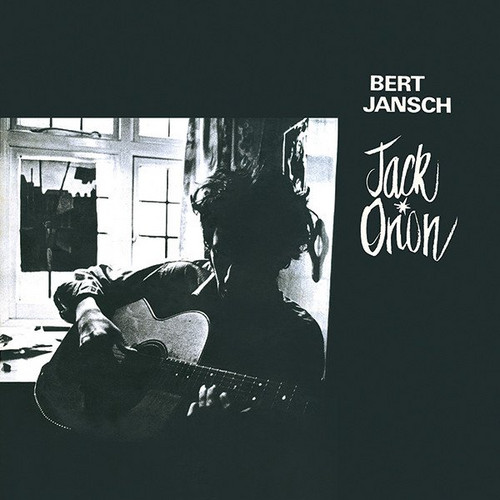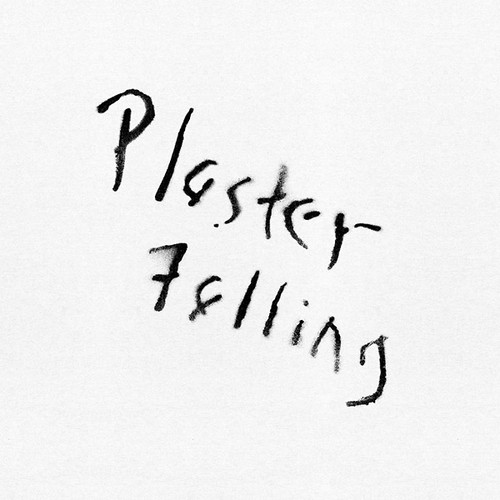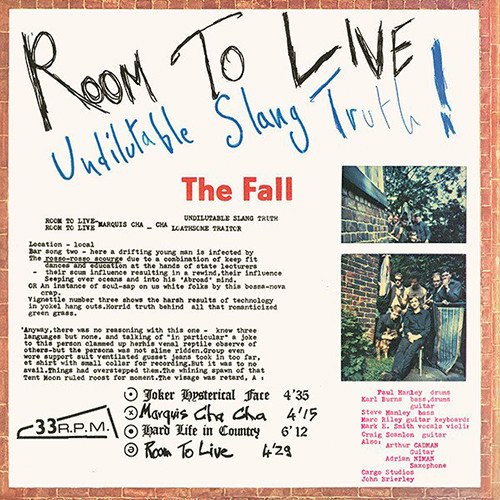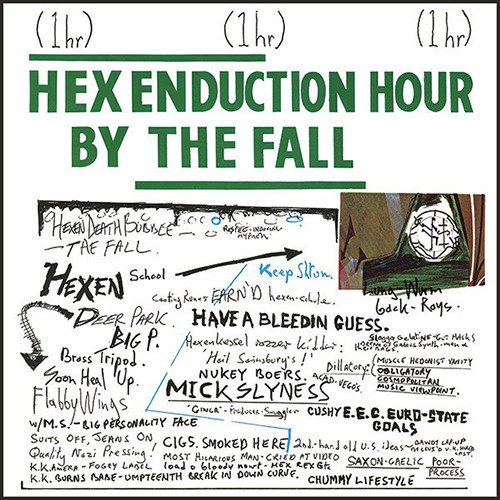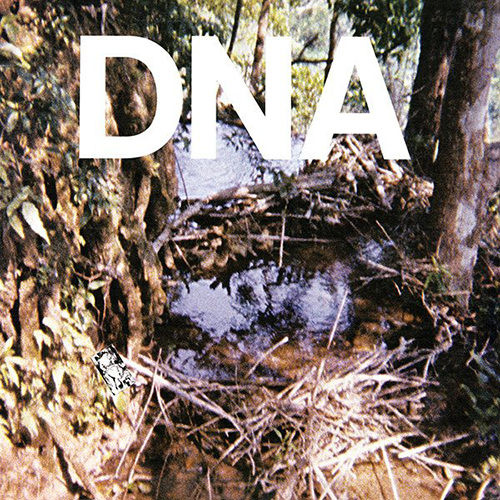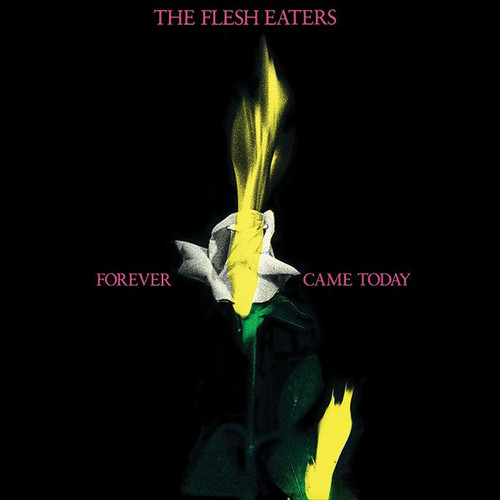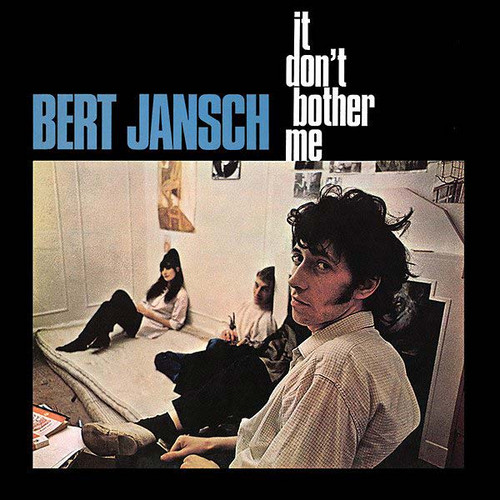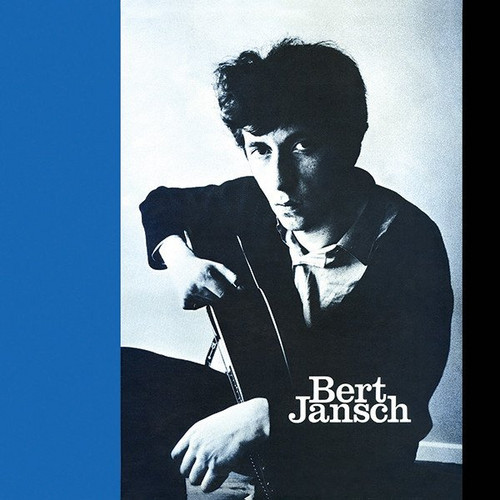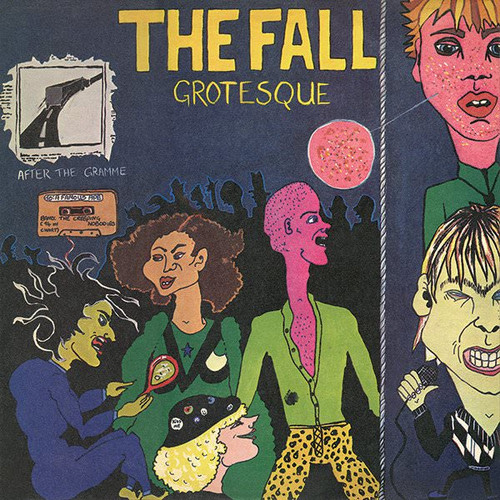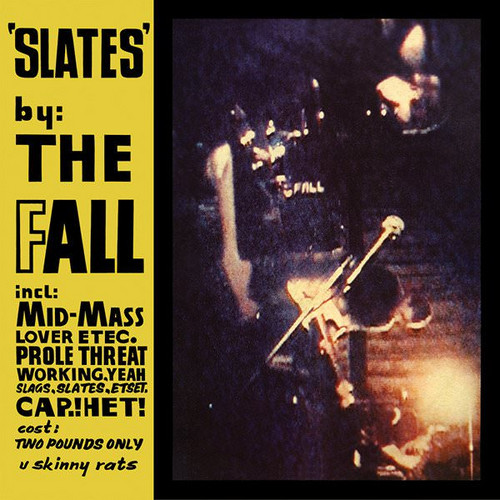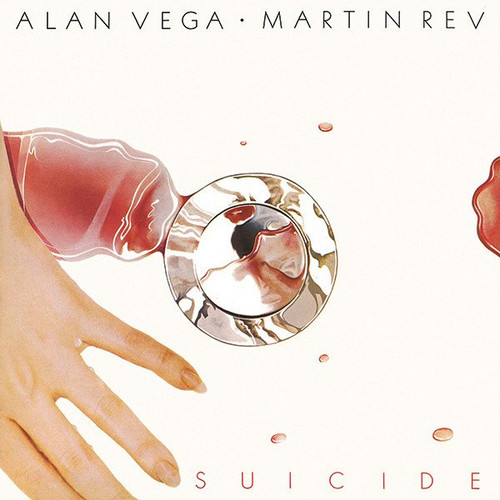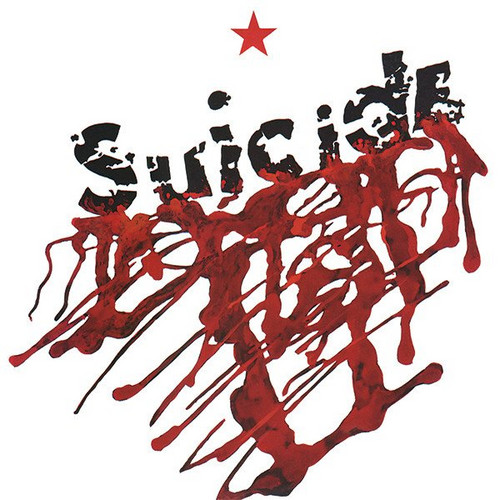★Superior Viaduct
Go to Town
The Pin Group went back into the studio in January 1982 to record their third and final classic release. Featuring an expanded five-piece lineup with Mary Heney on guitar/vocals and Peter Fryer on viola, Go To Town is a work of taut perfection. Showcasing the band's dramatic chiaroscuro textures and arresting lyrics, "Long Night" and "When I Tell You" make staggeringly clear how much sonic ground The Pin Group covered in their unfortunately short tenure.
Rosemary Lane
Release Date on May 5th. By the time Rosemary Lane was released in 1971, Bert Jansch had covered a great deal of territory on numerous albums as a solo artist, collaborations with John Renbourn and records by the band in which he and Renbourn sang and played guitar, Pentangle. Returning to the intimate economy of his self-titled debut LP from a half-dozen or so years earlier, Rosemary Lane was recorded on portable equipment by engineer/producer Bill Leader and featured Jansch with no accompani…
Birthday Blues
Release Date on May 5th. Bert Jansch's freewheeling fifth album, Birthday Blues, occupies a unique place in his solo discography. Released in 1969, the same year Basket of Light propelled Pentangle into the UK pop charts, Birthday Blues almost sounds like a Pentangle LP missing John Renbourn and Jacqui McShee. Backed-up by bandmates Danny Thompson and Terry Cox, Jansch neither holds back his characteristic moodiness nor takes himself too seriously. What's more, Jansch is in love. Heather Rosem…
Coat
Wasting little time, The Pin Group released Coat in November 1981, merely two months after their first single. On the title track, Humphries' distant vocals call out as tense rhythms gradually push listeners over the edge. B-side track "Jim" could easily have been recorded in Manchester circa 1979, but remains a master class in NZ post-punk atmospherics, menacing from start to finish.
Ambivalence 7
Ambivalence was not only The Pin Group's hypnotic debut, but also the very first release on Flying Nun. While guitarist Roy Montgomery, bassist Ross Humphries and drummer Peter Stapleton build off each other's jittery riffs, Montgomery's uncanny baritone pierces the torrential clangor. Conjuring both Wire's Chairs Missing and VU's White Light/White Heat, the band captures a truly unique sound – evocative, yet austere.
Propellers In Love
Arnold Dreyblatt has been called "the most rock 'n' roll of all the composers to emerge from New York's downtown scene in the 1970s." Arnold Dreyblatt founded the Orchestra Of Excited Strings in 1979, harnessing unusual tuning intervals to an exuberant performance style. Propellers In Love, the Orchestra's second album – originally released in 1986 on the Stasch imprint, in conjunction with the contemporary art space Künstlerhaus Bethanien – develops Dreyblatt's rhythmically exacting exploration…
Intents and Purposes
At Last! Intents And Purposes, revered as Bill Dixon's singular masterpiece, has been lovingly remastered and reissued on LP by the ever lucent Superior Viaduct. Visionary, dark and mysterious, the late trumpet innovator's magnum opus is not only Dixon's defining statement as a composer, but also one of the most luminous moments in the history of avant-garde jazz."Combining orchestral timbres with free jazz intensity, Dixon leads a ten-piece ensemble including such heavyweights as Byard Lancaste…
Jack Orion
Jack Orion, Bert Jansch's third album, may have surprised some fans upon its 1966 release, as it features no original compositions by Jansch. While nearly all of the eight tracks (four of which include guitarist John Renbourn) are interpretations of traditional folk songs, Jansch's experimental approach breathes new life into this repertoire through his exploratory use of open tunings and passionate, gritty vocals.According to Melody Maker, "his interpretations illuminate the songs from a comple…
Un Uomo da Rispettare
Un Uomo Da Rispettare translates to "A Man to Respect," which can easily be said of Ennio Morricone himself – the unparalleled maestro of the soundtrack. This 1972 crime film stars Kirk Douglas as a master safecracker at a crossroads in his life, emerging from prison yet tempted by one last big job. Morricone builds the main theme around Cicci Santucci's flugelhorn as riveting leitmotifs reprise amidst variations of noir-jazz abstraction to frame the composer's grand vision. A strident, tw…
Plaster Falling
"Plaster Falling was recorded at the same time as John Bender's first album, I Don't Remember Now / I Don't Want To Talk About It. Released in 1981 on the artist's own Record Sluts label, copies of Plaster Falling's initial pressing came hermetically sealed in plaster (and later latex). Thus, listeners had to literally break open the record to find what's hidden inside. Produced in relative isolation, Plaster Falling is a beacon of brilliance in the nascent minimal-wave sphere. Veering towa…
Room To Live
On Room To Live, The Fall take the hurried, all-or-nothing approach of their preceding Kamera Records releases to extreme ends. Forged via Mark E. Smith's continual disassembling of players and focus on previously unrehearsed material, the album collects The Fall's most experimental and improvisational recordings. As proclaimed on the album cover, "Undilutable Slang Truth!" would be revealed throughout Room To Live.
With the album's comparatively lo-fi production and always-teetering performance…
Hex Enduction Hour
Hex Enduction Hour was originally conceptualized as the death knell for The Fall. Beleaguered by career uncertainty and guided by vague premonitions of collapse, Mark E. Smith declared that one full hour was needed to thoroughly and perhaps finally state his case with The Fall. This framework resulted in a true classic of the post-punk era and an album that gave The Fall their first taste of album chart success, thankfully removing surrender from the equation.Recorded in haste in both Iceland an…
A Taste Of DNA
First-ever reissue of an important slab by DNA who were among NYC’s handful of influential No Wave iconoclasts documented in the Brian Eno-produced No New York compilation.
Forever Came Today
In the wake of the star-filled A Minute To Pray A Second To Die, The Flesh Eaters' frontman Chris D. assembled a leaner, meaner band to deliver his next unbound vision. Forever Came Today, the group's third full-length album, was originally released on Ruby Records in 1982 and features Don Kirk on guitar, Robyn Jameson on bass, Chris Wahl on drums, Steve Berlin on sax and Chris D.'s unmistakable voice."My Life To Live" and "Shallow Water" are masterfully wrought punk tunes, reverberating with he…
It Don't Bother Me
Bert Jansch recorded his second album in 1965, just after his self-titled debut earlier that same year. The sessions were a step-up from the intimate, field-recording setting of his first album, although still not labored over too much in the studio. 'I figured that the faster I put down the tracks, the faster I could get out of the place,' Jansch told NME, 'so I just ordered about a dozen bottles of wine, put the microphone in front of me and off I went, for three hours.' The lyrics of I…
Bert Jansch
Scottish singer-songwriter Bert Jansch recorded his first album in producer Bill Leader's London flat with a borrowed guitar, sitting on the edge of the bed and singing into a portable tape recorder. As author Richie Unterberger writes in the liner notes, "When Bert Jansch's self-titled debut LP was issued in April 1965, he was already a major figure on the British folk scene. His synthesis of traditional British folk with blues and a bit of jazz was at the vanguard of a new generation of UK fol…
Grotesque
Bursting into the 1980s on a new label (the then-upstart, now-legendary Rough Trade) and with an augmented, audibly panicked lineup, The Fall's Grotesque is the true pure-bred Fall release from the Marc Riley era. Released in the immediate wake of The Fall's most beloved single (Totally Wired), the album carries over that righteously famed teeth-chattering, bolstered in no small part by the drumming of new addition Paul Hanley, brother of bassist Steve Hanley and aged only 15 at the time of reco…
Slates
If The Fall truly is a cult band, then Slates both benefits from and reinforces such shrouded obsessions. In presenting these six particular songs as a 10-inch EP, the inherent and attractive difficulty of The Fall's sound is made physical, framing the urgency of their singles from this period (notably How I Wrote 'Elastic Man' and Lie Dream of a Casino Soul) alongside lengthy rumblings normally restricted to long players.The tumbling and phased "Middle Mass" begins on an incredible high note, s…
Alan Vega Martin Rev
Remastered, first ever vinyl reissue of Suicide’s classic second album - an essential part of the puzzled post-punk new wave landscape
Suicide
Suicide's landmark self-titled LP was originally released in 1977, seven years after the group's initial conception as part of the performance art scene on the Lower East Side. It is hard to overstate the importance of the seven tracks on Suicide, which paved the way for punk, industrial, hip hop, noise and beyond. "Ghost Rider" accelerates with brutal anguish and desire for everything rock 'n' roll. Martin Rev's utterly singular "instrument" pounds out a synthetic soundscape, while Alan …
